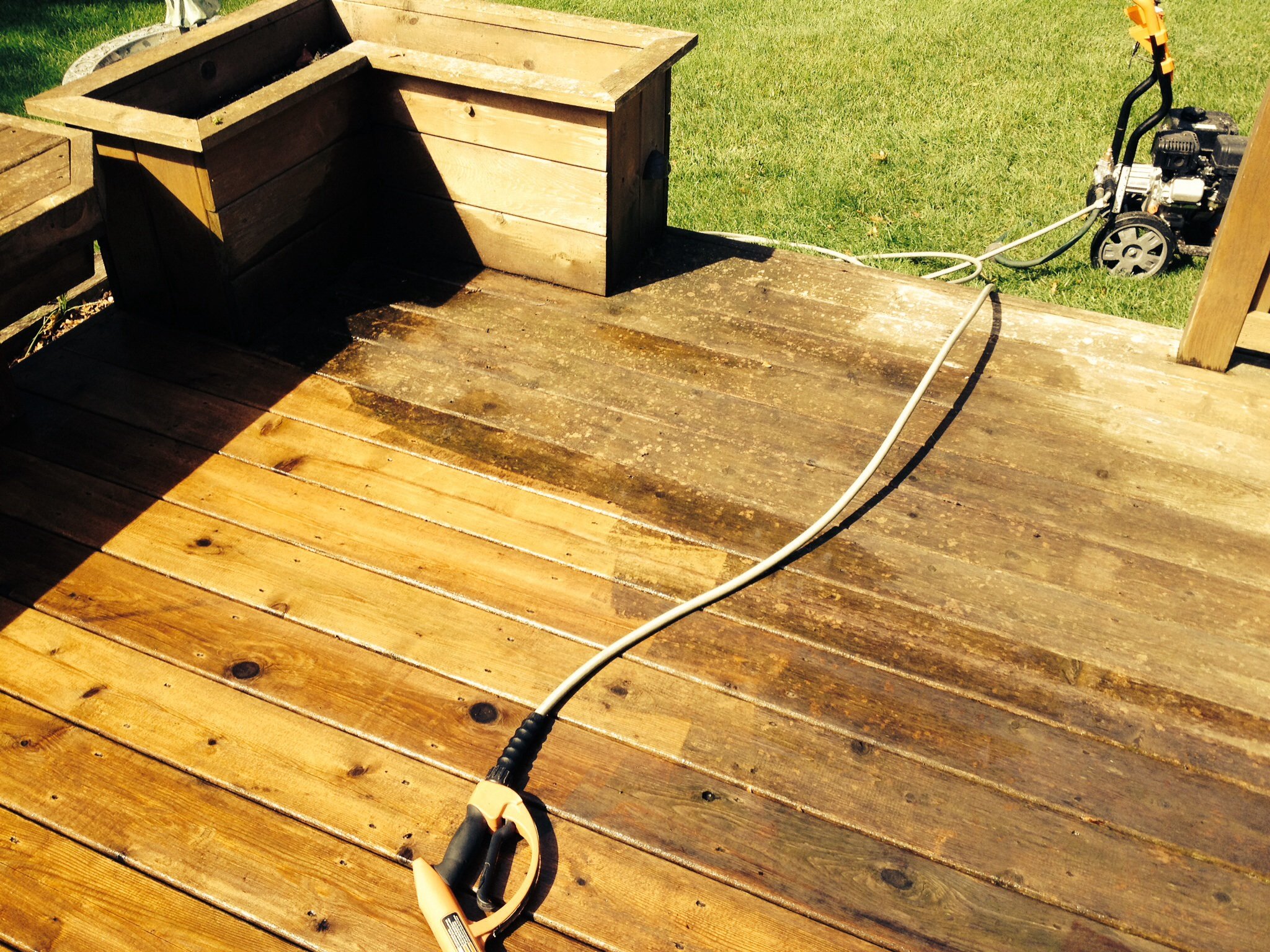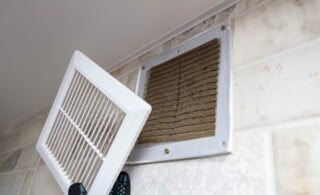
Pressure washers are one of the handiest tools a homeowner can purchase. They can be used for everything from cleaning out your dog kennel to preparing a house for a new paint job. And if you know what to look for in purchasing one, you’ll have a great piece of all-purpose cleaning equipment at your disposal for years to come.
What Do I Need A Pressure Washer For?
The answer to that question is simple: just about everything. When most people think of pressure washers they conjure up images of professional painters dangling off ladders in order to prep flaking surfaces for a facelift. The truth is that pressure washers have a number of possible uses that encompass just about any outdoor cleaning task you can imagine. Some of the most popular everyday uses of these machines include cleaning cars, driveways and walkways, gutters and downspouts, siding, outdoor furniture, dog kennels, garage floors, lawn mowers, garden equipment, and trash cans, and other soiled receptacles. Add to these a few of the more industrial uses, such as preparing surfaces to be painted and washing hard to clean areas and equipment where grease, heavy dirt and oil buildup occurs, and it’s easy to see why keeping a pressure washer in the garage is an excellent investment over time. Remember, buying a power washer isn’t just an investment in a new toy; it’s really a cost-effective maintenance solution for the upkeep of your home, property, vehicles, tools, and a whole lot more.
How to Choose the Right Model for You
Many things need to be taken into account when choosing the right power washer, including how you plan to use it, how frequently you plan to use it, and how much money you can spend. If your washer use is limited to some spring cleaning (washing off your home’s siding, cleaning off the driveway and walks, etc.) you’ll probably be okay with a lower end, direct drive washer: the kind of washer you’ll typically find at most hardware stores. If you plan to use your washer more frequently, more than 100 hours per year, you’ll probably want to make the step up to a higher end agricultural or industrial model. Most cheaper residential models simply won’t hold up over the long run when exposed more vigorous use.
Other things to pay attention to are the GPM and (PSI) of the units you’re considering. This refers to the gallons per minute of water that are dispensed and the pressure per square inch with which the unit expels that water. Generally, the higher the GPM, and more importantly the PSI, the more powerful and effective your new pressure washer will be. The final consideration you’ll need to make is whether you want a gas or electric model. Electric washers are fine and efficient, especially if you’re fairly certain you’ll only be using your washer where outlets are accessible. However, if you plan on toting your washer around and want a more portable unit, paying a little extra for a gas run model is well worth the extra money it will cost you.
Power Washer How To’s
The main thing to remember when using a pressure washer is simply that these units, even the smaller ones, pack a punch. I’ve seen an inexperienced painter strip not only the paint off of old wood siding with an industrial grade power washer, but a sizable portion of the wood as well. The key is start out at a good distance away from the object you’re washing, then work your way closer until you get the effect you’re looking for. Also, start with wider spray nozzles or settings and move to smaller ones only when you’re sure you need more power. Smaller nozzles and settings mean more pressure and more focused point of attack, so it’s better to play it safe and start bigger before working your way down. Once you get the hang of it, however, working with one becomes a breeze and pretty near to second nature for the operator.
Rentals and Services
Still not convinced it’s worth the investment? Don’t fret. You can still reap the benefits of these valuable machines by renting a unit from an equipment rental company or paying a powerwashing contractor to come do the work for you. Rental companies usually have a fleet of these beauties on hand, and it can be cost effective to rent one for a few weekends a year if your use of them is fairly limited. And if you’re not a member of the do-it-yourself crowd, there’s an army of painting, cleaning and general contractors out there who would be glad to hire out their services for a day or two to take care of your general pressure washing needs.
 Air Duct Cleaning
Air Duct Cleaning  Cleaning Your Exteriors With a Pressure Washer
Cleaning Your Exteriors With a Pressure Washer  Range Hood Cleaning Tips
Range Hood Cleaning Tips  Vent and Duct Cleaning
Vent and Duct Cleaning  Post Construction Clean Up: End the Job Right
Post Construction Clean Up: End the Job Right 

Are You Familiar With This Topic? Share Your Experience.